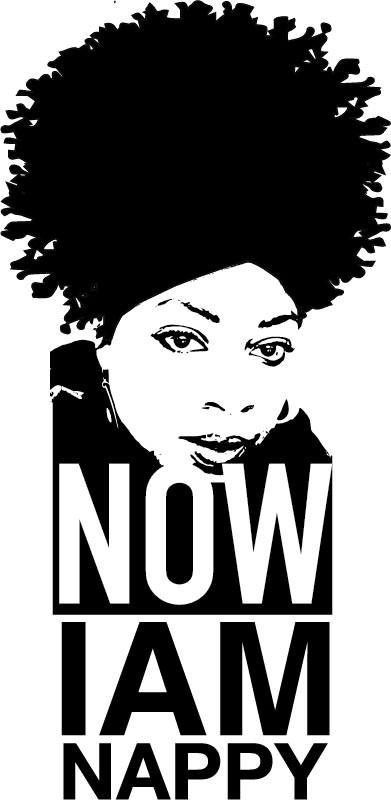Ever walk into a beauty supply store, bombarded with an array of hair products from every line imaginable feeling a bit overwhelmed about where to start? Don’t worry, at some point in everyone’s natural hair journey, we’ve all felt this way. Lately, brands are tapping into the natural hair hype and creating products designed for “our” hair. However, for many, understanding labels is not always easy…I mean, what’s the difference between a deep conditioner and hair mask? What about a regular conditioner and a deep conditioner? If I leave a regular, rinse out conditioner in my hair for a longer period, does that constitute a deep conditioner?
Well, I’m here to help you understand product labels and find the right product for you.
Regular Conditioner
A regular rinse out conditioner is generally applied on wet, freshly washed hair after the shampoo process. This lightweight conditioner can be used daily as a “surface conditioner” for about 1-3 minutes. Rinse out conditioners are positively charged and made to fill in the gaps in the hair cuticle and bond to our negatively charged hair. These conditioners only moderately penetrate hair strands providing a mild dose of hydrating and smoothing properties.

Deep Conditioner
A deep conditioner is used once a week and usually has a thicker consistency requiring you to leave it on for a longer period of time, around 10-30 minutes. True deep conditioners consist of ingredients that can penetrate the shaft of the hair and nourish your cuticle on a deeper level. Most consist of nourishing and penetrating ingredients such as humectants, fatty alcohols, vitamins and penetrating oils such as coconut oil, babassu, or avocado oil. Deep conditioners are highly viscous (thick, sticky consistency between solid and liquid) providing long-lasting effects. These effects can be amplified by adding heat.
. For those with low porosity hair, the hair should be freshly shampooed to raise the cuticles and heat should be added to help the ingredients penetrate deep into the strands. Those with high porosity hair also benefit from adding heat to the strands along with thick deep conditioners as well to help infuse as much moisture into the highly porous cuticle.

Hair Mask
It's honestly hard to define because hair masks and deep conditioners vary according to the brand. I would distinguish the difference by saying that deep conditioners soften and moisturize and hair masks impart strength. Hair masks should strengthen the hair with protein-based ingredients leaving hair revived and restructured with amino acids and hydrolyzed proteins. You will notice that hair masks generally claim to strengthen and restore dry damaged strands and are therefore meant to hydrate, nourish, and restructure the hair. For the best results, leave the hair mask in for the recommended time on the product.

So there you have it, the most important thing you can do is find a product that works for you and don’t get caught up in the wording between deep conditioner and hair mask instead focus on the ingredients listed. Also note that ingredients are listed in ascending order on the ingredient list, so if proteins or amino acids are listed further down the list, it does not necessarily constitute a protein treatment. If you would like a list of moisturing deep conditioners vs protein deep conditioners (hair masks) click here.
What hair conditioners do you use, does it matter if its a hair mask or deep conditioner?
Check out my video explaining the difference and a DIY deep conditioner


